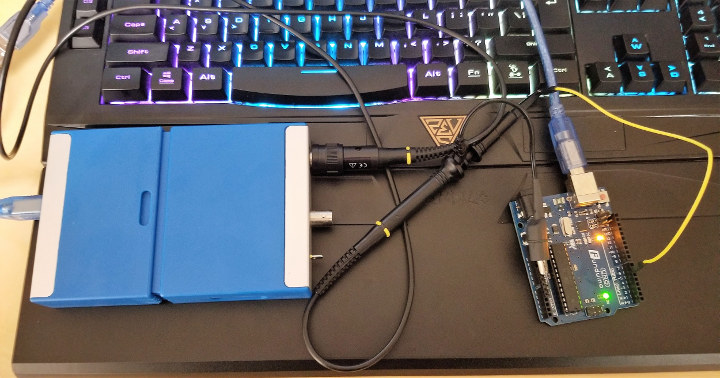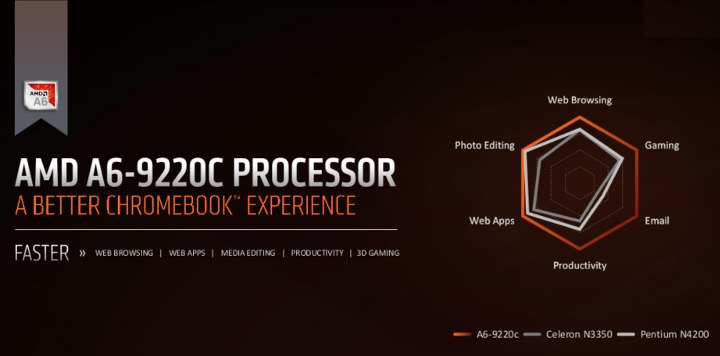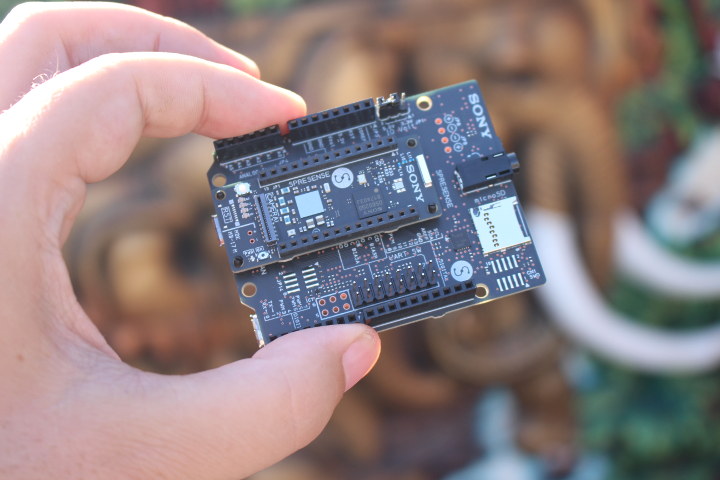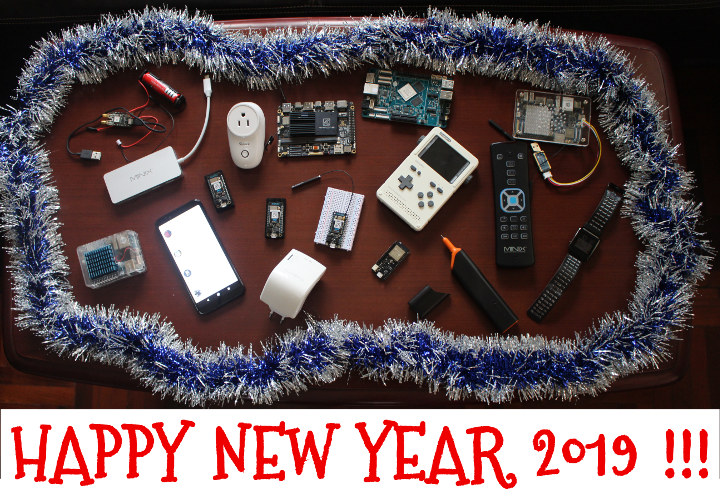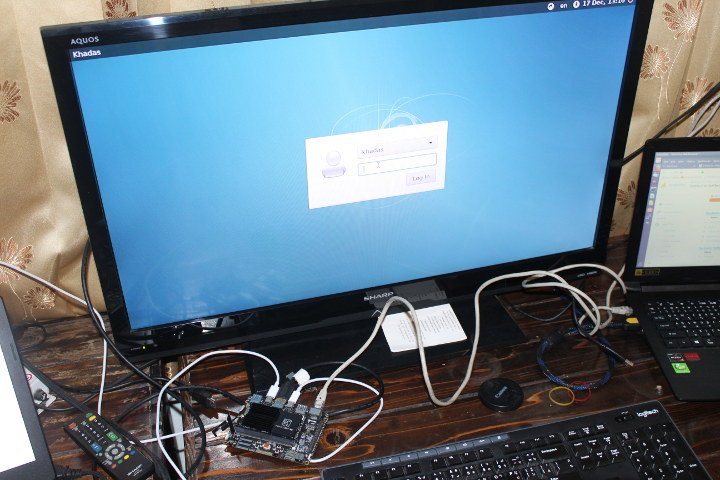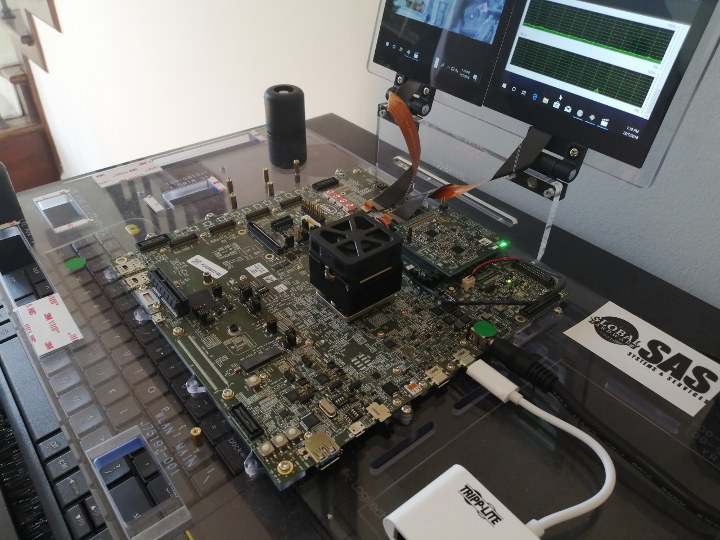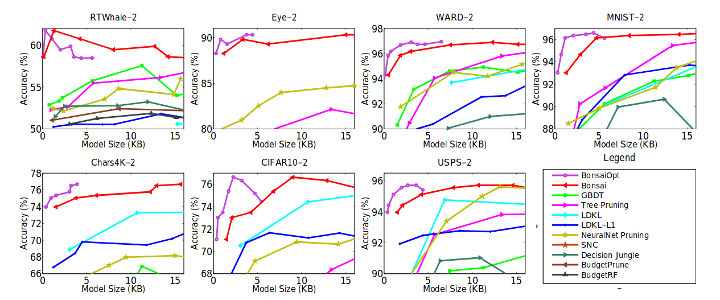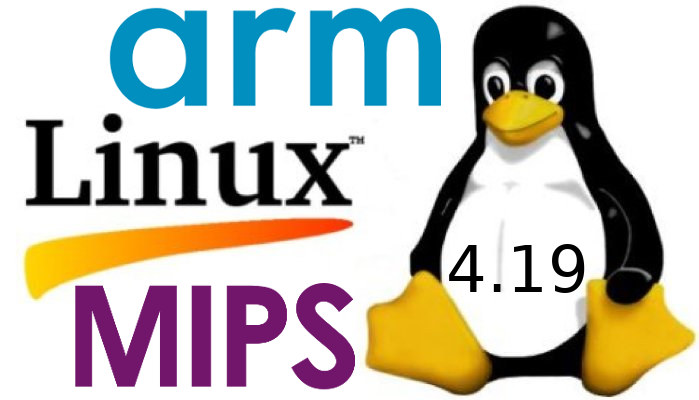SainSmart DS802 Review – A Dual Channel Virtual PC Oscilloscope
Hey Karl here. Today we’re going to look at the SainSmart DS802 Dual-channel oscilloscope. I have always wanted to have an oscilloscope and add it to my tools. When SainSmart asked to review the DS802, I was pretty excited. I can get my nerd on and troubleshoot all kinds of things. A couple weeks later it arrives and my anxiety kicks in. How the heck do I review an oscilloscope. I used an oscilloscope in high school in a class called principles of technology. But we never really went into much depth and only looked at the signals generated by a signal generator. I understand the basics. This is written from a perspective of a complete noob. SainSmart DS802 Specs Pulled directly from Sainsmarts website: Channels: 2 Analog channels Interface: USB 2.0 Output: 1k HZ amplitude 1.5V, 50% duty cycle square wave signal Maximum sampling rate: 80 MSps per channel […]


